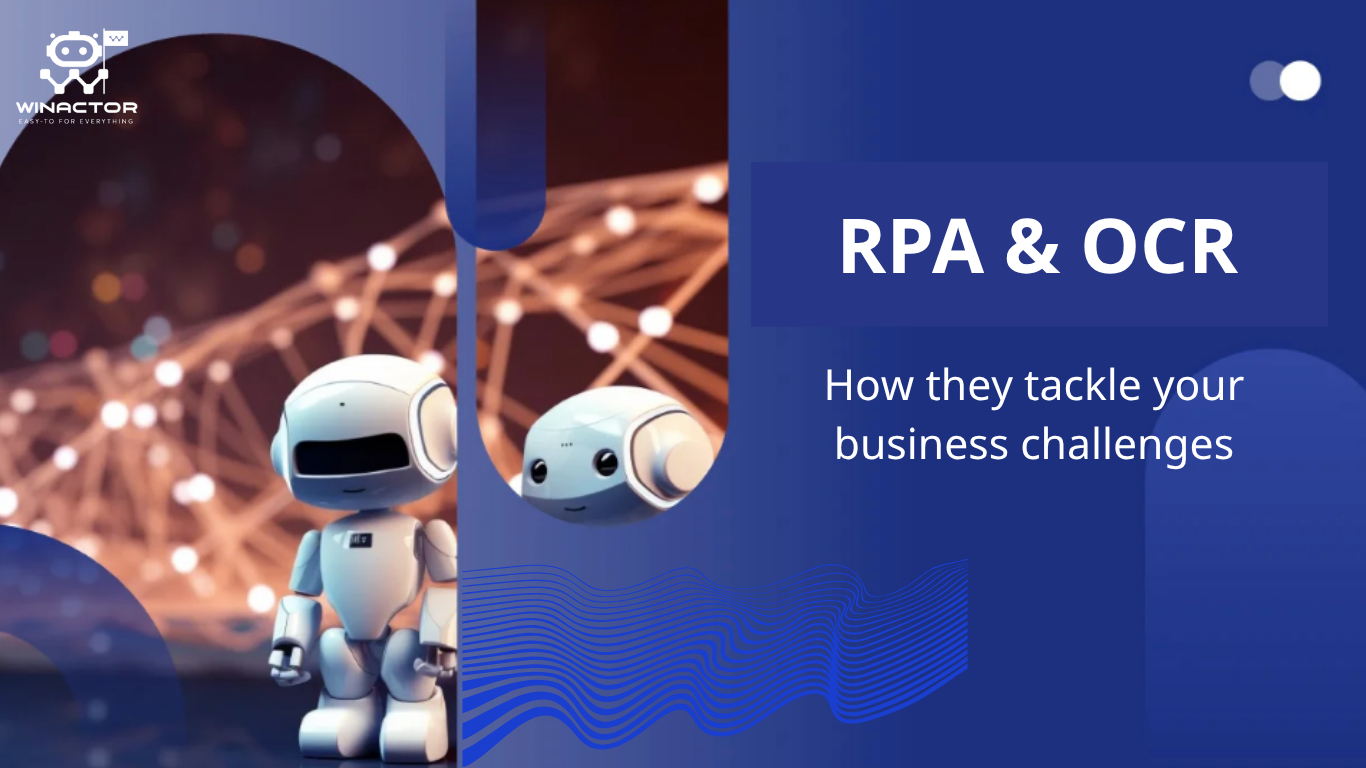Robotic Process Automation is known as the most commonly used software technology today. It is present in almost all fields and efficiently executes fixed, repetitive workloads. The rapid success of software robots has led users to doubt the actual quality of this type of technology.
They argue that “RPA is not perfect when it comes to multitasking capabilities.” The following article by WinActor Support will give you an overview of the real benefits of RPA for business processes. At the same time, it will help you answer the question: “Does employees’ success depend on automation?”
What Is Robotic Process Automation?
Robotic Process Automation has an abbreviation RPA. It is a software technology developed in the early 2000s. The main task of RPA is to perform repetitive tasks of fixed logic. The working environment of this robot is on a virtual computer. Therefore, RPA is also known as a “Perfect Virtual Assistant.”
Nowadays, you can quickly come across process automation robots in production and business processes. RPA can work effectively in many different fields: banking, business, credit, healthcare, so you can apply software robot to a fixed server or server-wide. RPA has created a professional and optimal working environment for flexibility and effective automation for companies.
In essence, Robotic Process Automation does not have creative self-learning capabilities like AI. It is only capable of remembering the processes that humans performed before. Therefore, to enable the robot to work, employees will need to install them. This work is quite simple. Because the automated robot system does not require employees to have programming knowledge. At the same time, RPA will work directly on the user interface. It is the plus point of RPA compared to other software technologies today.
What Benefits Does RPA Bring To Business Processes?
The first effect that robotic process automation brings to businesses is to improve working speed. Specifically, RPA can work 3 times faster than humans. In particular, with simple repetitive tasks, this number will increase. Therefore, businesses can take advantage of the speed of RPA to effectively improve labor productivity.
The second benefit of robotics automation gives companies the ability to improve accuracy. With RPA, it will work with strict compliance. It has such excellent capabilities because Robotic Process Automation is incapable of being creative and self-learning. Therefore, it will execute step by step under human guidance. The data it provides will have absolute accuracy.
One benefit that makes RPA so distinct from other technologies is its flexibility. With robotic process automation, it is not a fixed system. Therefore, you can flexibly change the number and function of RPA bots. When workloads grow abnormally, businesses can expand their workflow with software robots. Doing so will help them stay productive. At the same time, work productivity will increase rapidly.
In addition, the ability to inherit is also a benefit that you cannot ignore when it comes to robotic process automation. With legacy processes, businesses will need to use technology that can effectively integrate. Therefore, RPA will be the best choice for companies to improve their ability to work. They can apply for RPA without any exceptions.

Does Employee Success Depend on Automation Skills
With the outstanding advantages that RPA brings, it will surely be one of the most influential technology software for businesses. However, many people now doubt the real benefits of RPA. So, “Does Robotic Process Automation make employees successful?” The answer is yes.
Automation Skills Can Move Candidates One Step Ahead Of Their Competitors
With RPA software, you can effectively automate many tasks in different departments: human resources, finance, etc. Therefore, non-IT employees will need to be provided with the right tools and information related to RPA and artificial intelligence.
According to expert Mckinsey Insights, technology skills are essential factors that RPA needs in the 4.0 digital technology era. Therefore, possessing technology skills will make it easy for employees to pursue careers. At the same time, it will make a strong impression on recruiters and department managers during the interview.
Besides the ability to use software technologies like RPA proficiently, candidates will need to have a solid background in knowledge of social, cognitive, soft skills,…. need to be flexible and adapt quickly when working in a business.
Specifically, as tasks are automated, employees need to do value-added work. According to a survey, expert McKinsey believes that digital automation will further drive demand for higher cognitive skills in the workplace and predicts an 8% increase by 2030. Additionally, it will increase 24% with social and emotional skills.
Can Invest in Automation Skills Of Their Employees
When businesses automate processes with PRA, they will need to train and improve the knowledge of their employees. This work is to help employees better understand how a software automation robot works.
In addition, the implementation of training will be an investment in skills that increase the company’s overall efficiency. When employees have specialized knowledge, they can accelerate business automation systems. From there, the enterprise will strengthen internal career development for employees, contributing to creating a complete and professional apparatus.
Conclusion
Hopefully, the article will help you overview the impact of PRA on candidates and businesses. Possessing technology skills in the 4.0 digital era will help employees make a strong impression on employers and department managers. From there, the candidate’s opportunity to work at the company will be wide open.
Besides, when enterprises deploy RPA, they need to provide specialized training for employees. At that time, employees can keep up with software robots’ trends and operating principles. It contributes to creating a professional and effective working environment. At the same time, businesses will have the opportunity to improve the active process to become more optimal in the future.

WinActor is an RPA software solution by NTT DATA Corporation to help businesses master technology, create breakthroughs in the digital age 4.0.




